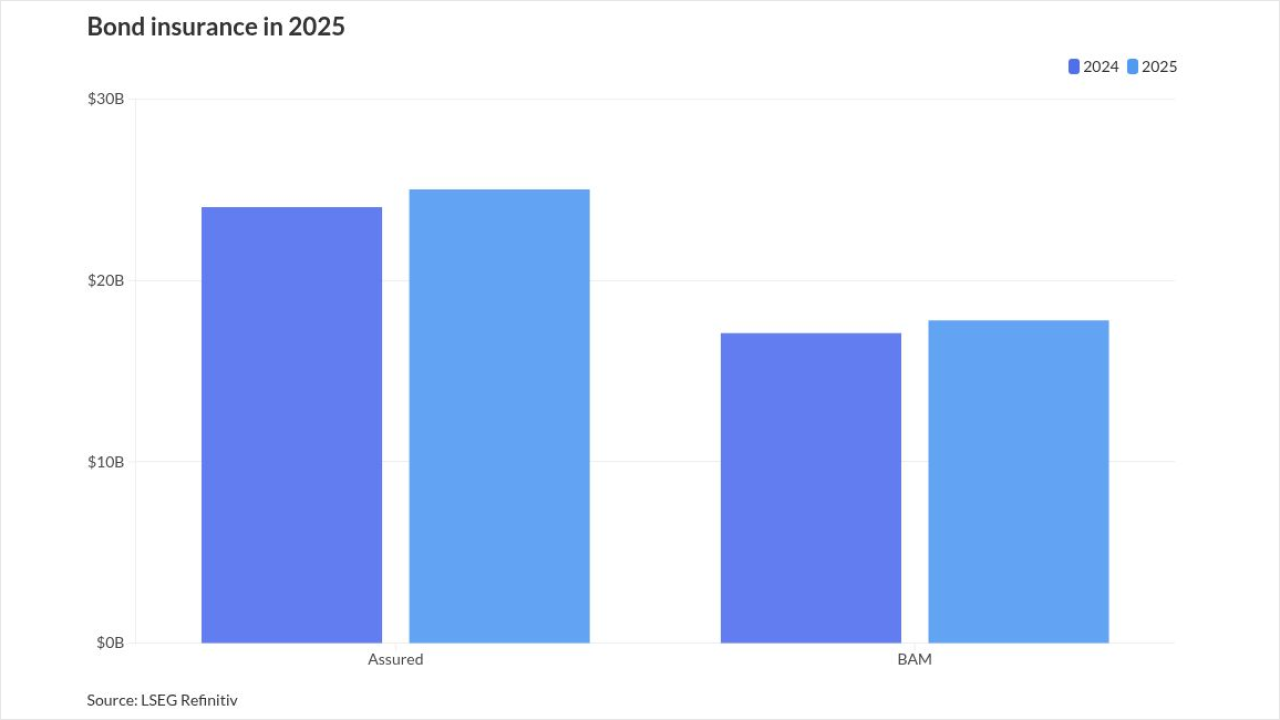
A California Assembly committee is slated to hear a
The concept behind Senate Bill 750, the California Finance and Credit Act, which was approved by the Senate in May, is to provide low-cost financing to speed up the production of housing projects in the state.
"Cities throughout California cannot solve this
A report from Hilgard Economics, commissioned by Los Angeles, showed housing starts in the city experienced a 56.8% drop in the first quarter, compared to the same period in 2024. The California Housing Partnership
SB 750 is part of a two-bill package — the second piece is a 2026 constitutional amendment requiring voter approval — that would allow California to apply "its full faith and credit" to loans and municipal bonds used to build multifamily housing, Cortese said.
The bill would establish the California Housing and Credit Program, to be administered by the California Housing Finance Agency.
The program would use the state's credit to back loans and offer other credit enhancements to encourage investment in the construction of affordable multifamily housing. The bill also requires developers to pay workers prevailing wage.
"The program created by this bill would only become operative if the Legislature enacts, by two-thirds vote, and the voters approve, a constitutional amendment," according to an Assembly analysis.
The program would be modeled after the
California's affordable housing pipeline includes projects that could provide rental housing for up to 559,944 low- to moderate-income households, Cortese said in an Assembly analysis.
"Given the state's current budget climate, we are in desperate need of a mechanism to unlock affordable housing with minimal cost to our general fund," Cortese said. "SB 750 would help solve this crisis by creating a program that guarantees loans and wraps bonds for housing. The program would accomplish this by unlocking private financing at favorable interest rates with no cost to the state general fund, as administrative expenses would be covered by fees charged at origination."
California's constitution has prohibited the state from using its own credit to back loans or bonds for housing construction since the 19th century, unlike New York or the federal government, Cortese said.
"As a result, unlike the state of New York or even our own federal government, California has been unable to step in and support housing development, sitting on the sidelines while high interest rates and unstable markets scare off private investment," Cortese said.
The bill has no registered opposition and is





